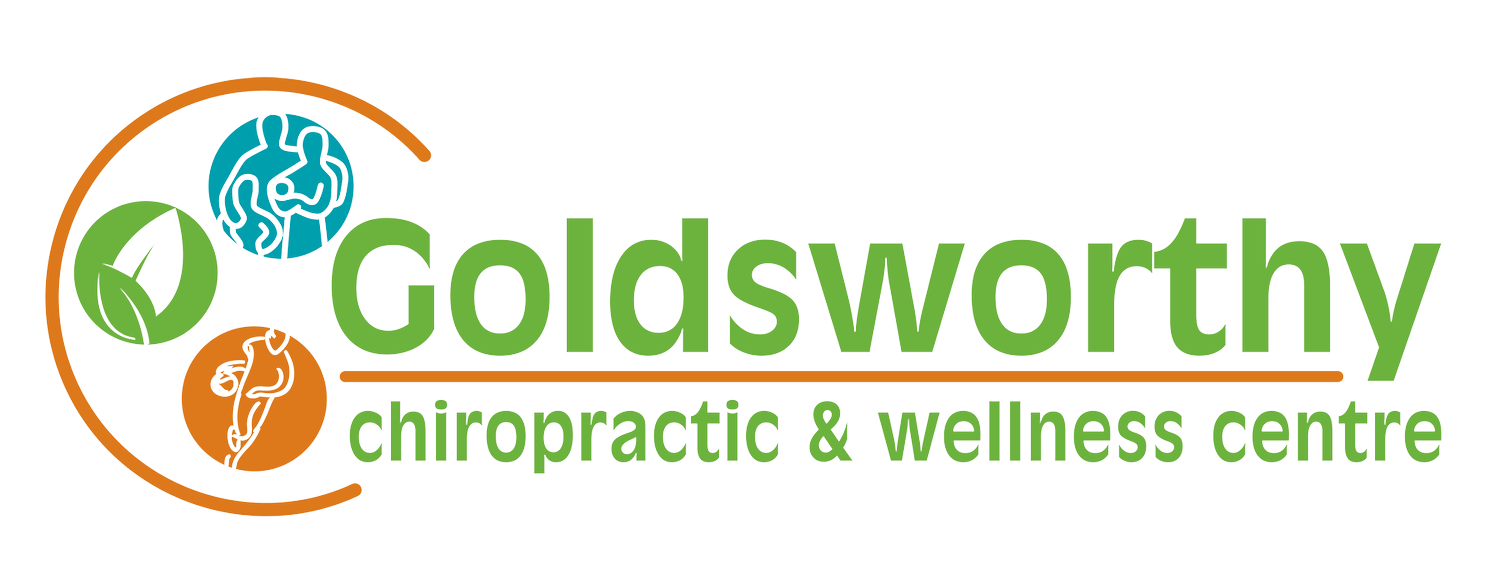What Is the Power of a Hug?
What is it about a hug that feels so good? The answer lies in oxytocin, sometimes known as “the love hormone.” This hormone plays a key role in the female reproductive system, particularly in childbirth, and then, following birth, breastfeeding, and bonding with the child.
Oxytocin also has social implications—such as attachment, trust, and pair-bonding. Pair (or social) bonding is known as the desire of spending more time with a person. The release of the hormone helps facilitate this bonding by activating the pleasure centers in your brain.
Hugs served an evolutionary purpose to help us know who and who wasn’t safe. While most of us aren’t being chased by lions, tigers, or bears, we still experience plenty of day-to-day stress. It can be therapeutic, helpful, and healing to have safe people to turn to for hugs, comfort, and care.
Our nervous systems aren’t primed to recognize emotional stress as any different than that physical stress of being chased by a tiger. So, it makes sense that in times of stress, we crave hugs—we want to know that we are safe.
What Happens When You Don’t Get Enough Hugs?
Hugging activates the same reward centers in our brain as eating does, so if you’re not getting physical affection, you may feel like you’re starved for touch. Not receiving enough physical affection is correlated with:
Loneliness
Depression
Stress
Alexithymia (trouble feeling emotions)
Attachment issues
Personality disorders
Physical pain
Poor sleep quality
The Power of a Hug on Your Health
As humans, physical touch is very important and there are many ways in which hugging can benefit your health. Let’s look at how hugs may positively impact your overall health.
Improves Your Sleep
A hug before sleep certainly beats counting sheep. While oxytocin doesn’t directly biologically affect one’s sleep, its anxiety-reducing effects are
certainly related to improved sleep. As it turns out, you can literally sleep better at night when you know you have that social support that the cuddle hormone is releasing. Feeling secure in your social relationships means one less thing for you to ruminate about at night. A hug from a loved one can result in a decrease in cortisol, a stress hormone, as touch deactivates the part of the brain that responds to threats. The release of oxytocin has calming affects, which can also support more restful sleep.
Increases Pleasure and Well-Being
A study done with primates showed that touching created those social bonds that help maintain the social relationships that contribute to well-being.
Improved Immunity
Good news for cold and flu season—hugging may keep you healthy! In one study, those who received more hugs generally got sick less often, and, when they did, it was less severe. This is potentially due to the benefits of perceived social support.
Better Cardiovascular Health
It turns out that hugging is good for your heart not just in the gushy way but for your actual physical health. One 20-second hug had the effect of lowering participants’ blood pressure in the moment, including after their partner had left the room.
Their blood pressure was significantly lower than that of the control group in the study who didn’t hug. The researchers suggested that this may translate to better stress tolerance, which generally leads to better long-term cardiac health.
Less Fighting
In a romantic relationship, the power of a hug is that it may lead to less fighting. If you’re in a romantic relationship, evidence shows that the more couples hug, the less interpersonal conflict they experience. It’s thought that this is because the hugs were perceived as a signal of social support, and so they blunted potential negative feelings.
Hugs also act as a general buffer against stress. Interpersonal touch is associated with increased attachment security, greater perceived partner support, enhanced intimacy, higher relationship satisfaction, and easier conflict resolution—all of which support a more peaceful resolution and less fighting.
Reduces Pain Symptoms
A hug or healing touch may improve symptoms of pain. Cancer patients who received healing touch reported less postoperative pain and narcotic painkiller use than those who received a back massage or no treatment.
Better Team Performance
Physical touch is even correlated with improved physical performance. A study that looked at the National Basketball Association (NBA) showed that teams that had higher touch rates (including hugs) performed better than teams with lower touch rates—because the hugs and touches proved to the players that they could trust each other.
Leads to More Self-Compassion
A study showed that oxytocin may help you be more compassionate towards yourself, leading to lower levels of cortisol, the stress hormone. Those who responded positively were people who believed they had social support, and the oxytocin (even though administered chemically in the study!) only bolstered these beliefs.

